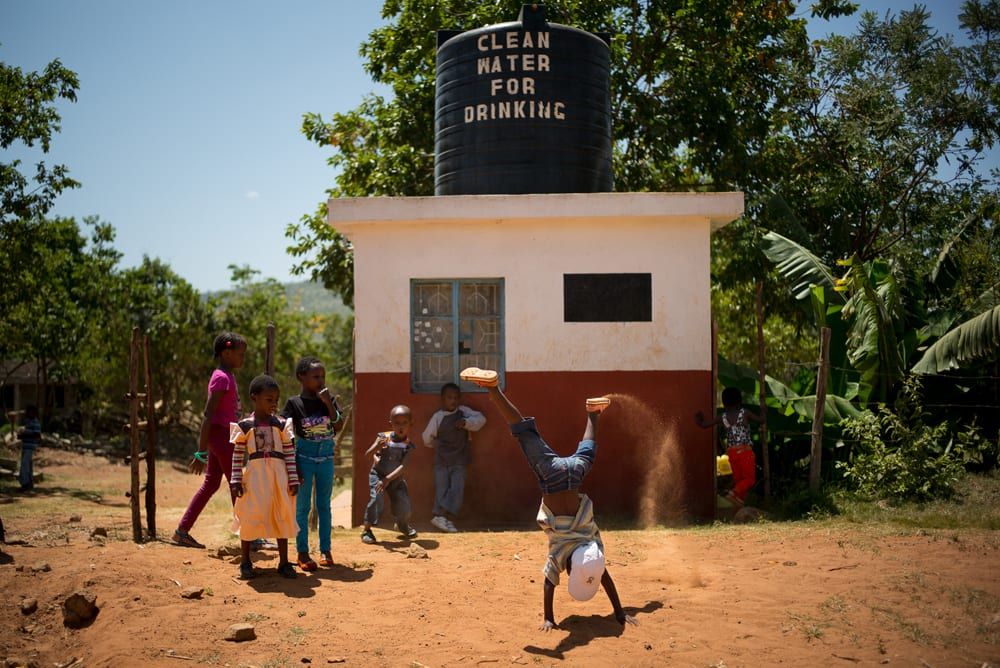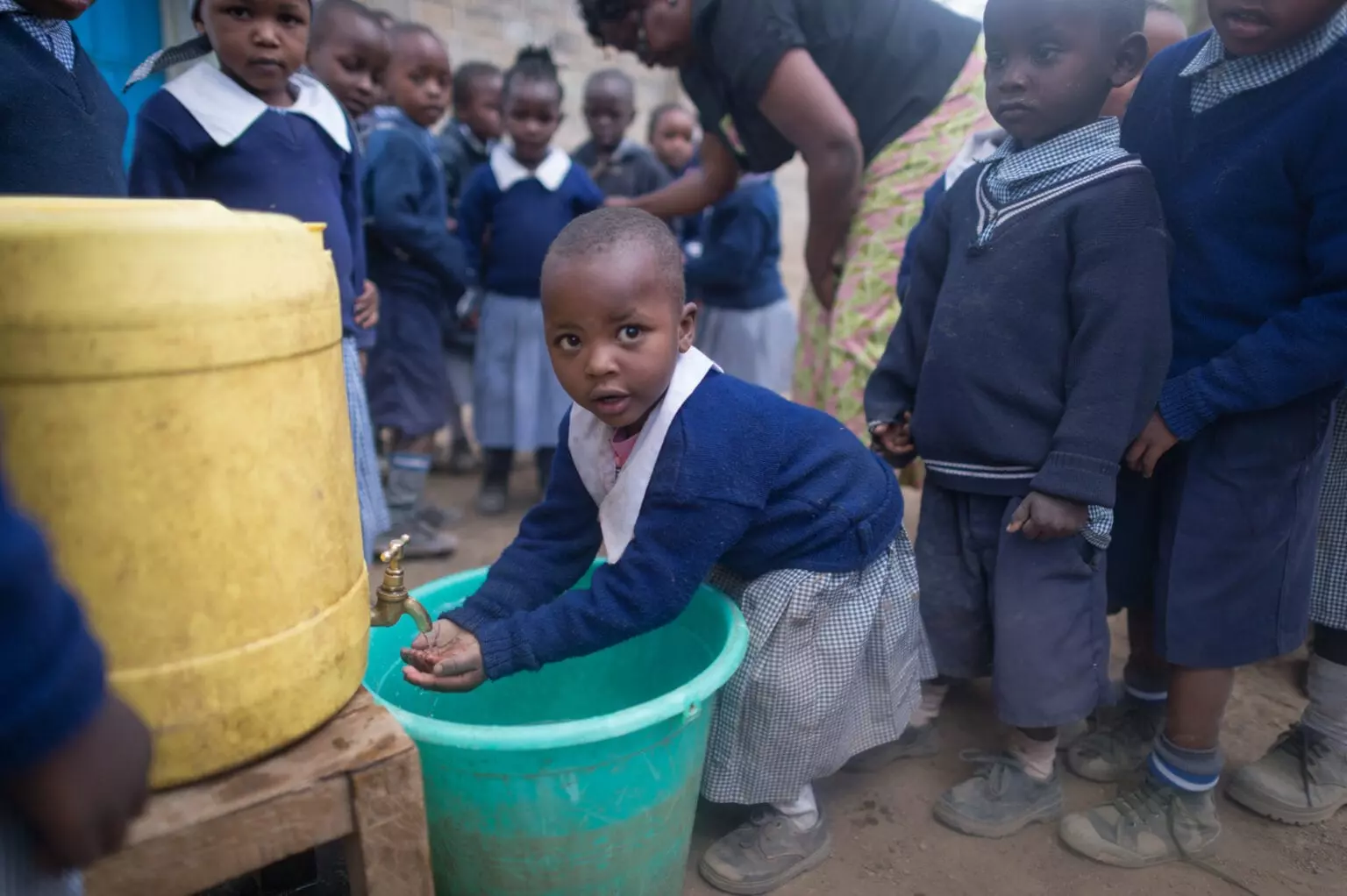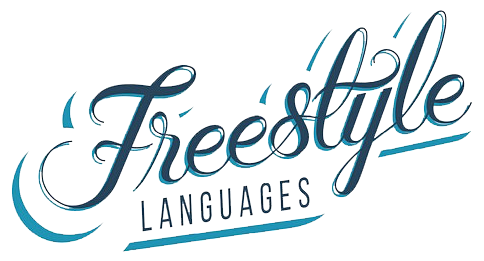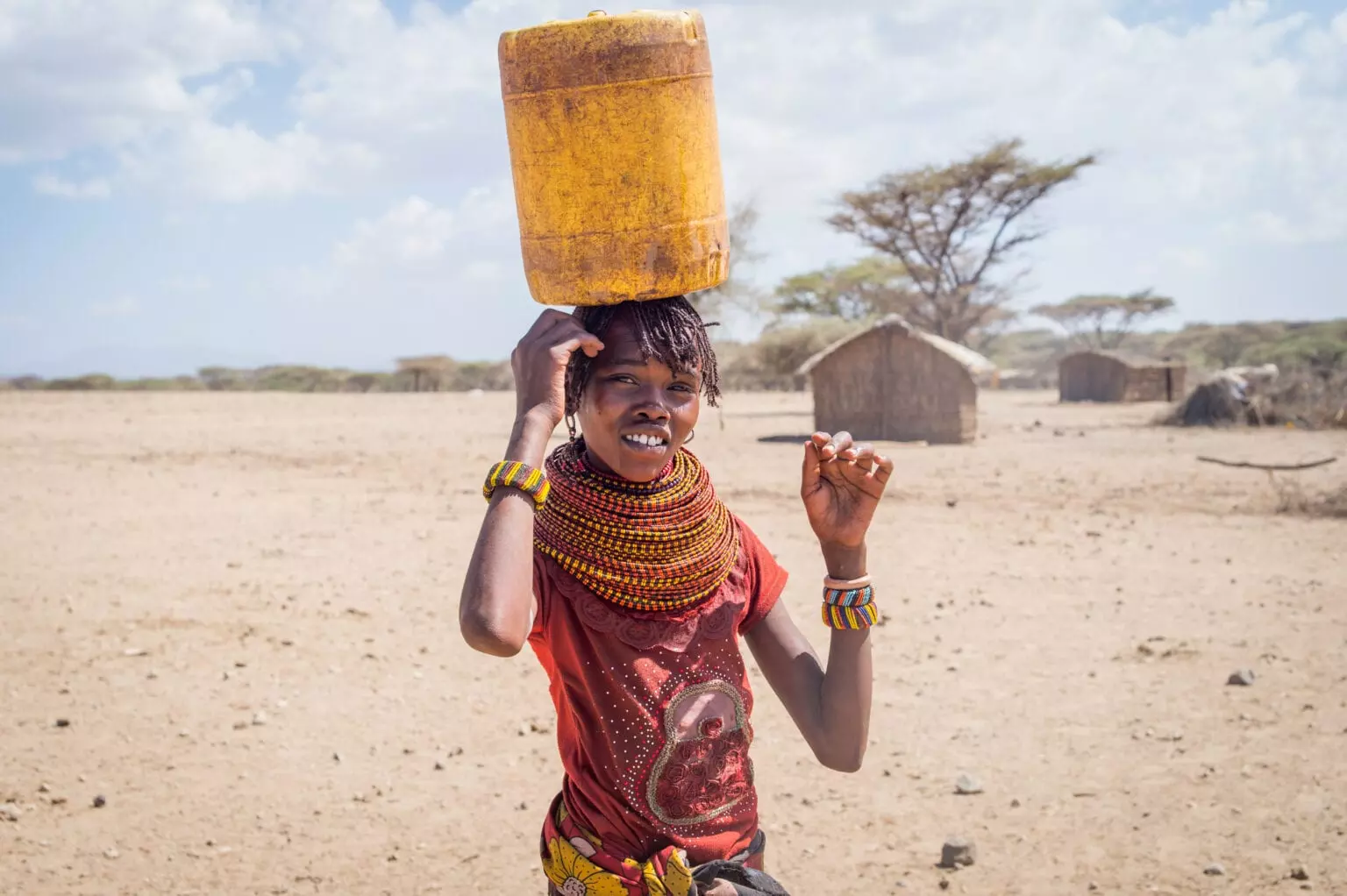Team Freestyle
Spotlight On Sarah Evans & Well Aware For #IWD
Join us in celebrating International Women’s Day! On this global day which celebrates the social, economic, cultural and political achievements of women, we highlight Sarah Evans as the founder of Well Aware, an Austin-based nonprofit that funds and implements clean water systems for impoverished communities in Africa.
Well Aware Builds 100% Successful Clean Water Systems In East Africa.
Did you know…?! Nearly 60% of water projects in Africa fail, often within the first year (Well Aware). Click on the video to the right for an excerpt from our conversation with Sarah Evans, or keep scrolling for the full interview!
How does someone from a small town in Texas make their way to founding an international non-profit organization?
It was certainly never my plan or path. I really was not very globally aware when I was growing up in a small town in East Texas, but I certainly did begin to understand and appreciate the community. I think anybody from a small town knows that you’re pretty much all family and you take care of each other, so having that experience growing up really did instill the value of community in me. It really wasn’t until later on and I started understanding better global crises and the importance of the basics for people to be able to survive and how it’s all of our responsibility to take care of the most vulnerable among us. Incidentally, I majored in civil engineering for a couple of years in undergrad and then I went on to law school, I clerked for the EPA and clean water – and all of these sort of random little things then led to my falling into a project in Kenya, and I felt at that time that I really could probably offer some expertise and knowledge toward the drilling of these water wells.
A big thing that sets Well Aware apart is the long lasting duration of your water wells. How or when did you realize the majority of water programs fail?
Pretty quickly, I got a sense of it – my first couple of trips to East Africa, I was trying to understand the local culture a lot better. Something seemed off in general about western aid and western aid projects that were there. With no mal intent, people were approaching these communities and these projects with sort of piecemeal bandaid initiatives and most of it was not working. So then I did set myself to really researching and finding studies and datas on the failure rates of water systems specifically. We were still needing more data but there was enough to understand that the majority of these water projects do not last beyond a year of implementation.
What was the biggest challenge you faced when trying to establish this non profit?

We have so many challenges all of the time. What we’ve had to do is build a team that understands that and can really shift gears quickly. But I have to say the biggest challenge – can I give you two?
In any kind of non-profit situation, fundraising is always difficult. I had no experience in it really. That time period where you have a few projects going, but not a lot of traction or systems in place, and you don’t have a large pool of donors, is really tough tot get through and to figure out what direction are we going with procuring funds for these projects? Is it grants, is it individuals? That was pretty tough – a lot of trial and error. It took a lot of fortitude to just keep at it, keep on going.
In any kind of non-profit situation, fundraising is always difficult. I had no experience in it really. That time period where you have a few projects going, but not a lot of traction or systems in place, and you don’t have a large pool of donors, is really tough tot get through and to figure out what direction are we going with procuring funds for these projects? Is it grants, is it individuals? That was pretty tough – a lot of trial and error. It took a lot of fortitude to just keep at it, keep on going.
Second biggest challenge – educating the people who are paying attention to our work that these different types of systems that Well Aware implements are quite better than other types of systems that are actually the norm in international water charity. Most of the organizations from the west implement hand pump water systems, which Well Aware does not, for various reasons. They get contaminated very easily, they break often, they’re not high yielding – so the community is not as invested in this water system because it’s not making a long term impact on their overall community and economy. And that’s a really important factor, so when we are talking about the work that we do and that one of our wells serves 5,000 people and costs $35,000 – when they were just told that a water well costs $5,000 – there is some education that has to go into that. We’re still trying to figure out how to communicate that without offending our partners in the sector because again, nobody has bad intentions around this. We’ve just found something that works pretty well and sometimes that’s hard to explain.
How did you come up with the idea for Shower Strike?
The first shower strike was 13 years ago and it was before peer to peer fundraising was really a thing yet, but we kind of figured that out. I was working from home at the time, much like now, and my friend said you know what we should do? We should all go on shower strike since Sarah doesn’t shower anyway (laughs), and she was joking but we thought wait no, we could do that right?
Austin is such a welcoming place for odd ideas and initiatives and so we coded buttons in PayPal to set up different pages for people, because there were no peer to peer platforms by then. We got 12 friends to sign up and do it and low and behold a week later, we had raised $25k dollars and we could hardly believe it.
Austin is such a welcoming place for odd ideas and initiatives and so we coded buttons in PayPal to set up different pages for people, because there were no peer to peer platforms by then. We got 12 friends to sign up and do it and low and behold a week later, we had raised $25k dollars and we could hardly believe it.
What has it been like for you and this journey as a female entrepreneur and now female non profit founder? What was it like navigating majority male spaces?
We could talk about that for hours, couldn’t we? I feel that everywhere I found myself professionally has been in a male dominated industry. In my first job right out of law school, it was so heavily male dominated it was testosterone dominated. First, it made me really angry and I don’t think it had really sunk in for me until that time. It was a difficult spot to be in, too. It was a finance firm and I was dealing with a bunch of investors and they were all men, and I was this young woman right out of school. I think that it impacted me so much, it hurt me a lot emotionally. At that time I decided I’m not going to let this bother me anymore and I’m going to just learn how to navigate it and learn how to get around it, and I want to push forward and do things that traditionally maybe I wasn’t supposed to because I want other women after me to be able to do the same. Especially now that I have a daughter, I want to make sure that she understands that there are obstacles but we can get through them.
In these regions, these women that we are working with on a regular basis are incredible. They are the family members that are tasked with, well, everything – taking care of the kids, collecting the water, cooking the food, and so they are the most highly motivated stakeholders in every community to make a change. They traditionally have not been encouraged to do that, but once they understand that they can and they have support, they start to have this power. And then when they have a resource like water and they can grow their own crops and sell the crops at a local market and they have their own income… the changes we see in these women – I’m getting goosebumps just thinking about it – because you kind of understand in a similar way that I did right out of law school that wait, we can do this. They may be telling me that I can’t, but I’m going to do it anyway because it’s working. And so I’m constantly still inspired by all these women we get to work with over there.

What advice would you give to aspiring young female entrepreneurs?
For any, I always say figure out what’s already out there. Figure out what people are doing and figure out what’s failing. I think there’s a lot of duplication in international development work, so that’s really important to understand the landscape before you dive into something and spend too much time on it. It’s important to have that knowledge going in.
For women specifically, I just am so excited by this new generation. I just see these young women and they are bold in a way that I was never bold. Honestly, my advice to these women specifically in Gen Z is keep doing what you’re doing, right? Seems like you’ve got this – it’s not that they won’t still receive those social cues or be patronized, condescended in varying ways. Just try to not be distracted by those things because there are more and more paths everyday for these phenomenal young women doing phenomenal things.
For women specifically, I just am so excited by this new generation. I just see these young women and they are bold in a way that I was never bold. Honestly, my advice to these women specifically in Gen Z is keep doing what you’re doing, right? Seems like you’ve got this – it’s not that they won’t still receive those social cues or be patronized, condescended in varying ways. Just try to not be distracted by those things because there are more and more paths everyday for these phenomenal young women doing phenomenal things.
How can I get involved in Well Aware?
There are lots of ways. The website for Well Aware is wellawareworld.org, and the biggest campaign we have every year and the most fun way to get involved is Shower Strike – and that’s happening next month, coincidentally. If you just go to showerstrike.org, it’s really easy to understand quickly how to register, how to have a great campaign, and how to learn more – we would love for more people to join shower strike this year.
Freestyle Languages
Language learning your way.

